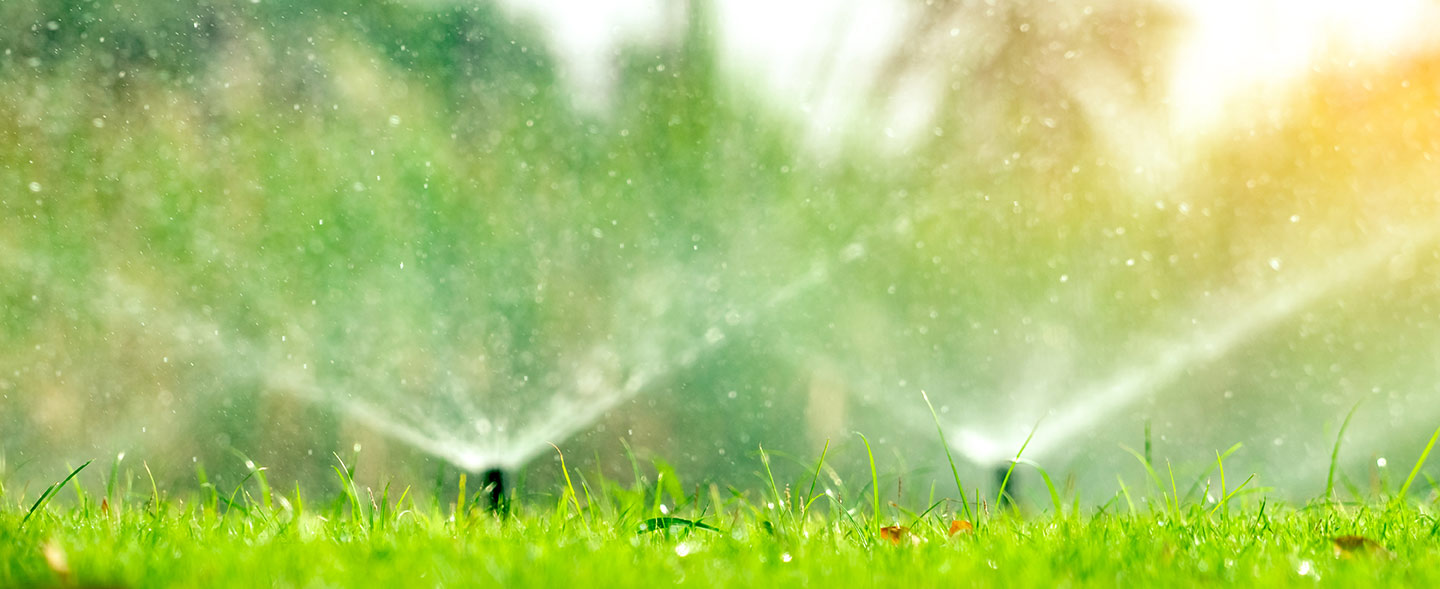
Surface and groundwater resources may become polluted by unfiltered irrigation runoff containing fertilizers, pesticides and other landscape chemicals. Timely and efficient irrigation is key to protecting and extending water supplies while maintaining beautiful, healthy landscapes.
Installing an automatic irrigation system is a convenient way to supplement plant water needs when rainfall is deficient. However, the majority of homeowners tend to over-water with automatic irrigation systems which can lead to significant water runoff. Water runoff from residential landscapes displaces vital nutrients and sediment from landscapes into storm drains that feed rivers, lakes and streams.
Overall, residential water use increases 30 to 60% in the summer due to irrigation. To prevent water waste, reduce water costs, and protect valuable water resources, homeowners must learn to manage and maintain their irrigation systems more efficiently. Understanding when and how long to run the irrigation system, how to adjust the irrigation controller, how to detect leaks, and how to repair common irrigation hardware problems are important concepts for homeowners to understand.
Source: Residential Irrigation and Water Conservation. A Complete Guide for Homeowners and Professionals on Equipment Selection, and the Operation and Management of Landscape Irrigation Systems Landscape Irrigation Issues; TAMU